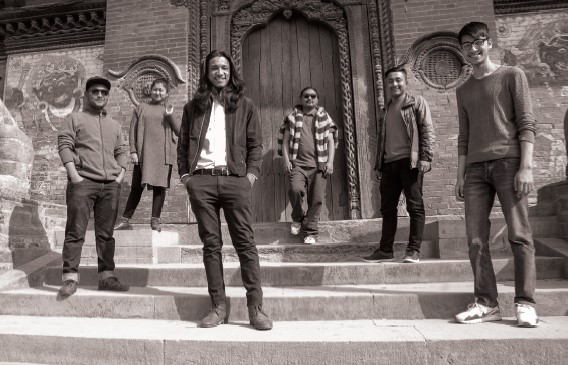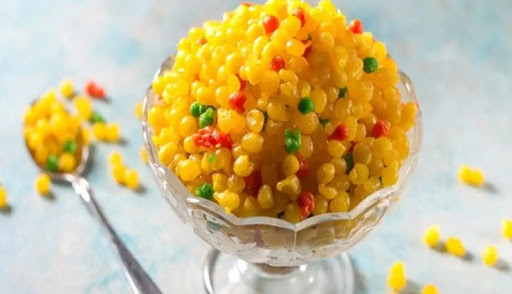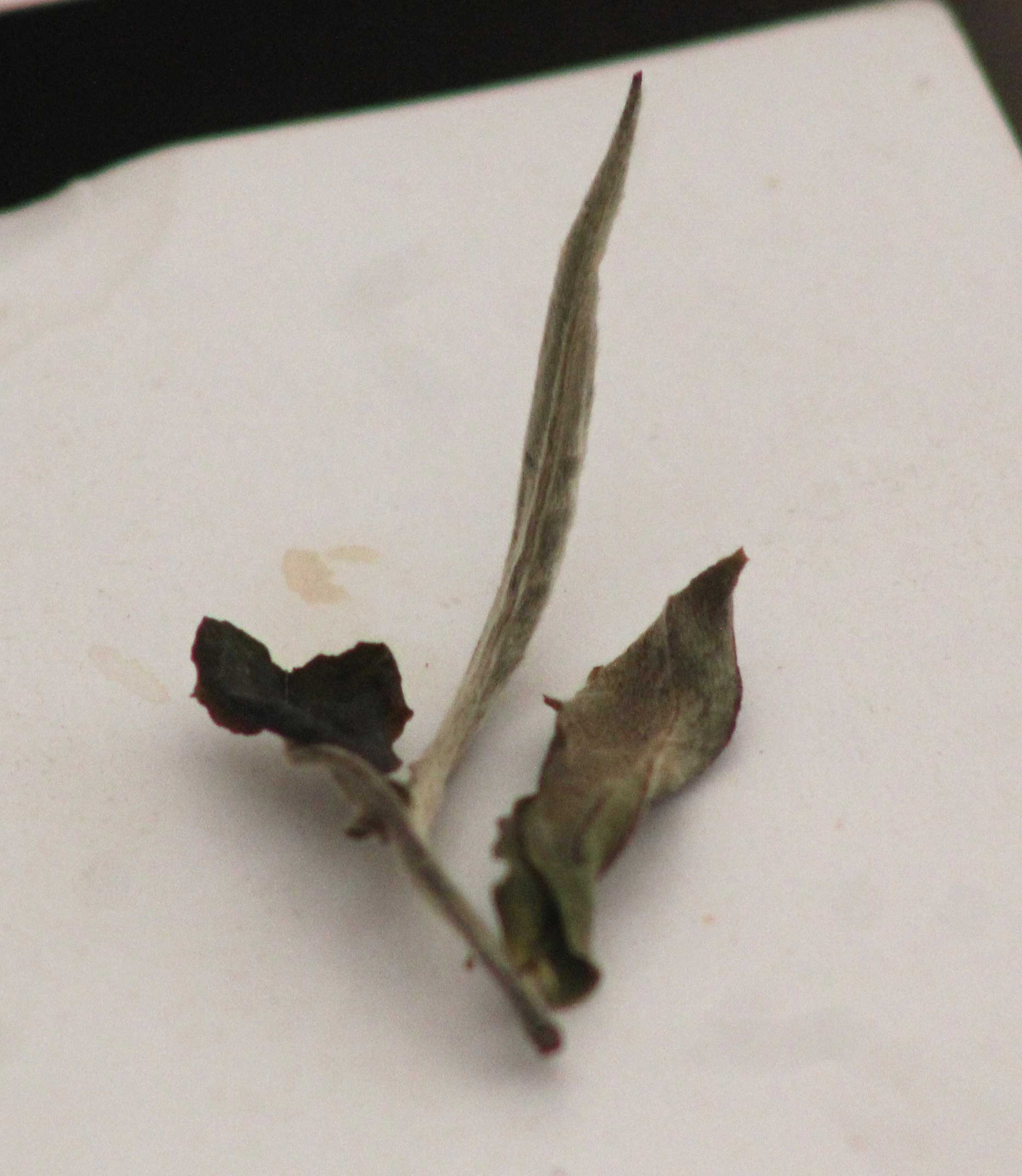Against the backdrop of the Patan Museum stand six young people, spotlighted. When they start to play, the audience knows they are witnessing something truly different. Captured in the moment, the faces of the audience brighten, soften, and relax into an almost trance-like state. The music takes them soaring far above their daily lives, for some, into a spiritual realm, for others, into a wonderland of musical and visual treats.
This is Mi Ku (short for mitho kura, or sweet things)—a fusion of Eastern musical influences, which is both unique and soulful. What makes it even more exceptional is the overlay of poetry woven into the music. How they describe themselves is, “… sound and song structures are a passionate outcome of conscious attraction towards Nepali ethnic and traditional sounds and poetry recitals with that of Western sounds. Its contemporary folk vibes can be termed more as ‘arty music’.” When I asked what they mean by ‘arty music’, the closest I could come to describing the answer is: what installation art is to art, Mi Ku is to music.
Formed in 2017, the members of Mi Ku are all fellow students from the Kathmandu University, Department of Music, where they studied ethnomusicology and practical music. Coming originally from two student batches at the university, they first performed together in the Echoes of the Valley event in March of that same year. This festival ‘uncovered, revived, and made relevant Kathmandu’s intangible heritages and disappearing sounds by showcasing local music, art, and performances of every day rituals.’ Using small neighbourhoods around older, still traditional parts of the city as the stage, both international and local artists were involved.
Inspired by the responses they received at that event, Mi Ku completed its regular musical line-up with vocalist/poet Pushpa Palanchoke, who writes poetry that is a combination of abstract ideas, personal spiritual confusion, and social issues. Feedback from the audience is, in general, positive, with a sprinkling of head-scratching over some of the lyrics. They attract audiences ranging from small children, accompanied by their parents, to young people their own age, through to the older generation. They have also found that the audience usually falls into three categories—those who mainly come for, and appreciate, the music; those who mainly come for, and appreciate, the poetry; and those who come for the overall experience and fusion blend.
More Sweet Things: Sarangi and Yomari
Mi Ku have also been involved in Project Sarangi, something intended to revive interest in that very Nepali instrument, the sarangi. You might also have seen their videos on YouTube as part of the Yomari series (Season 2). With four videos in this series, Mi Ku deliberately chose the backdrop of Kirtipur for filming, as it is very much in keeping with their roots and heritage.
Interestingly, Mi Ku was involved in the first Sofar Kathmandu event in Nepal, in December 2017. For those who are unaware, Sofar are secret events that take place around the world, where you sign up for the event in your town in advance, but only get informed of the venue the day before the gig.
When I met the group, they had just come back from the Art East Festival in Delhi. Organized by the National Foundation of India (NFI), the festival is part of NFI’s initiative to raise questions through art, livelihood, social justice, climate change, communication, history, and other issues that impact everyday life and bear witness to these issues. Mi Ku’s philosophy, sounds, and poetry fit well, and also raise questions on the same.
Mi Ku became involved in this initiative through the help and support of Archana Tamang, who is, and I quote, “mother to all the band members”. She is the owner of Café Aamu, where Mi Ku generally rehearse, and is a friend of the curator of the Art East Festival, whom she introduced to Mi Ku when he was in Kathmandu last year.
“Mi Ku personifies the Nepali youth's craving to happily transcend boundaries to regenerate the ‘sounds of music’ that has been our own, creating a seamless blending of contextual poetry into the fathomless ocean of musical possibilities. I have evolved with Mi Ku as a person, who seeks out their music every day and am happier for it,” says Ms Tamang.
Mi Ku Tour II – India & Nepal
Back in Nepal for a couple of weeks, Mi Ku are soon off again to four festivals in Kolkata, or as they like to say, “Mi Ku Tour II – India & Nepal”. Organized by the American Center in Kolkata, Mi Ku will be part of the Music for Peace celebration by young musicians from India, Bangladesh, and Nepal to be held at the end of February. On February 25, they will participate in the Kantha Festival, and later, at the Holi Festival taking place in the Nimdih Gandhi Asram from February 28 to March 2, 2018. Aside from the musical experience and chance to interact with artists from different music genres, what they are looking forward to is the wonderful Indian food and the interesting train rides! Part of this tour takes place in Patan on February 17, and we hope they will add a few more Nepali dates to their Mi Ku Tour II on their return in March!
What’s next? Long-term plans include more travel to other festivals (and perhaps some more train rides?), and hopefully in the near future, a full length album and music video.
The (Not Just) Performers
Mi Ku is made up of six very talented young people…
Pushpa Palanchock (Vocals)
Formally a slam-poet, Pushpa is a professional singer, song-writer, lyricist, location-sounds recorder, and background scorer. With vocal training in North Indian Khayal classical singing, she is also researching the feminine aspect of Gurung music.
Kobid Bazra (Sarangi)
Kobid has been a professional musician, engineer, and producer for a decade. Owner of Bajra Creation Records, he has also worked on short films and radio, and for jingle advertisements. With over two dozen compositions to his name, Kobid has worked with several outstanding Nepali musicians.
Samyog Regmi (Guitar)
Samyog uses a wide range of musical styles, from pop and contemporary to jazz, in his work as an arranger for jingles and short movies. Having performed in numerous shows, including International Jazz Day and a fundraiser for Rohingya refugees, Samyog has also researched and co-authored Exaggerated Demise: The State of the Guitar in Nepal for the Association for Nepal and Himalayan Studies.
Riken Maharjan (Bass)
Riken works as a professional music producer and live engineer, besides teaching music production at Bajra Creation Records and other studios. Having worked in metal, progressive rock, post rock, and electronic genres of music, he also has a solo electronic EP release called Space.
Bikesh Bazra (Nagara)
Bikesh is a recordist, arranger, and drum programmer at Bajra Creation Records. As well as playing the nagara (a traditional Nepali drum that has more or less vanished from the music scene) with Mi Ku, Bikesh plays drum and nagara with other bands, and is also a freelance photographer and has done some videography work.
Merit Maharjan (Percussion)
Merit is a musician, lyricist, photographer, and cinematographer. He has been a professional percussionist since 2010, using gungru, cymbals, clappers, sticks, rain effects, gongs, shakers, ghanghali, etc. to achieve his effects. A music educator with Art Works ‘Sangai Khelaum’ by Srijanalya, he has performed more than 200 times throughout Nepal.
And, of course, no band is complete without its stage manager, in this case, Sangam (Soñador) Panta, an ethnomusicologist, multi-instrumental and music producer, and movie music score writer, and its artist manager Prabin Maharjan, an event organizer, musician, photographer, writer, and music journalist.
… with so much talent, Mi Ku is a sweet thing indeed!










